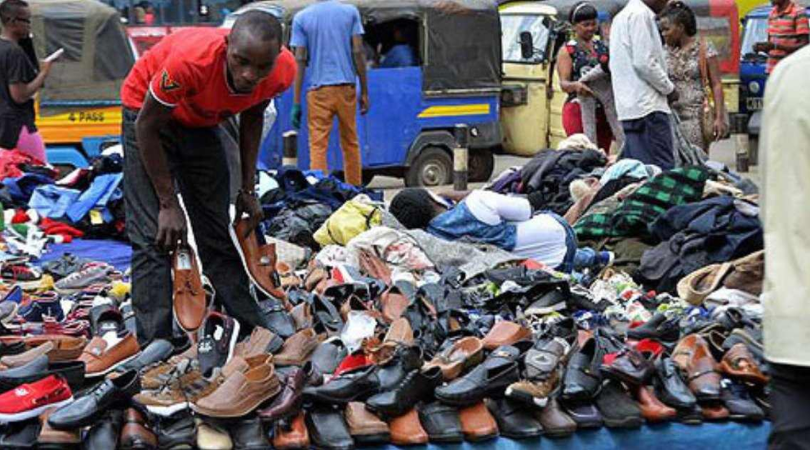Tough laws target counterfeit goods in Kenya’s markets.
Selling counterfeit goods in Kenya is no longer being taken lightly. The government, through the Anti-Counterfeit Authority (ACA), has warned that anyone found selling or distributing fake products faces up to ten years in jail or a fine of up to twenty million shillings or both. This tough action is meant to protect genuine businesses and consumers from unsafe and poor-quality goods that continue to flood the market.

Counterfeit goods are not only unfair to honest traders but can also be dangerous to users, especially when it comes to items like food, medicine, cosmetics and electronics. To curb this problem, authorities are pushing for stronger checks and the use of technology to monitor how products move from manufacturers to the final consumer.
This is where product traceability comes in. By allowing products to be tracked at every stage of the supply chain, traceability helps identify the source of each item and confirm whether it is genuine. It gives manufacturers better control over their goods, protects consumers from harmful counterfeits, and ensures that only authentic products reach the market.

For businesses, traceability also builds trust with buyers, as customers can easily verify the origin and safety of what they are purchasing. It promotes accountability, transparency and fair competition. As more companies in Kenya begin adopting traceability systems, the fight against counterfeits gains real strength.
The message is clear: Kenya is moving towards a future where every product on the shelf can be trusted. With the right laws, firm enforcement and stronger traceability, the market will become safer for everyone proving that honesty in trade truly pays off.
